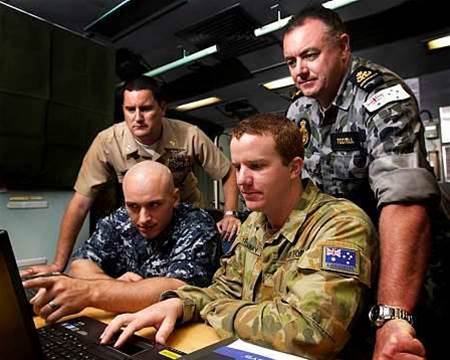The Department of Defence has opened its massive end user support services deal to the market after years of delay in the hope that it will have new contracts in place by June next year.

New deals across three seperate service towers will replace long-standing distributed computing contracts held by Unisys and Fujitsu since 2009 under the guise of ‘regional ICT services', estimated to be worth in excess of $600 million.
Defence had originally planned to put a combined outsourcing contract to the market back in 2014, but put the project on hold while it dealt with a “significant” IT program of work.
In the years since, the department has signed numerous extensions with the incumbents to continue providing end user support while it decides how to proceed with the new procurement.
The department ended four years of inertia over the effort in July this year, when it held a briefing with industry ahead of releasing the end user support services bundle to tender.
Four months later it has now released a public tender. It is searching for one or more suppliers to provide end user support services to some 100,000 staff across its 469 military bases and offices around Australia.
ICT services are being sought across Defence’s fixed, deployed and mobile environments, which are “predominantly, but not exclusively, delivered to end users over national server-based IP networks,” tender documents state.
“Defence also operates a number of other smaller supported networks which provide similar functionality to the national server-based IP networks, generally with a more localised focus," it wrote.
“In the future, the ICT services may be delivered to end users over wireless networks.”
Services have been divided into three groups: national deskside support, service desk, and service integration and management (SIAM).
Suppliers will have the opportunity to provide one or more bundles for up to the next seven years - apart from the SIAM tower, which Defence has decided cannot be solely tendered for.
The procurement is also one of the first opportunities to put the federal government’s new $100 million dollar contract cap into practice.
Defence hopes the new deals will lead to “significant operation improvements” and “provide clarity of service delivery delineation in a complex multi-vendor environment”.



_(33).jpg&h=140&w=231&c=1&s=0)
_(36).jpg&h=140&w=231&c=1&s=0)






 iTnews Executive Retreat - Security Leaders Edition
iTnews Executive Retreat - Security Leaders Edition
 Huntress + Eftsure Virtual Event -Fighting A New Frontier of Cyber-Fraud: How Leaders Can Work Together
Huntress + Eftsure Virtual Event -Fighting A New Frontier of Cyber-Fraud: How Leaders Can Work Together
 iTnews Cloud Covered Breakfast Summit
iTnews Cloud Covered Breakfast Summit
 Melbourne Cloud & Datacenter Convention 2026
Melbourne Cloud & Datacenter Convention 2026
 The 2026 iAwards
The 2026 iAwards












_(1).jpg&h=140&w=231&c=1&s=0)



